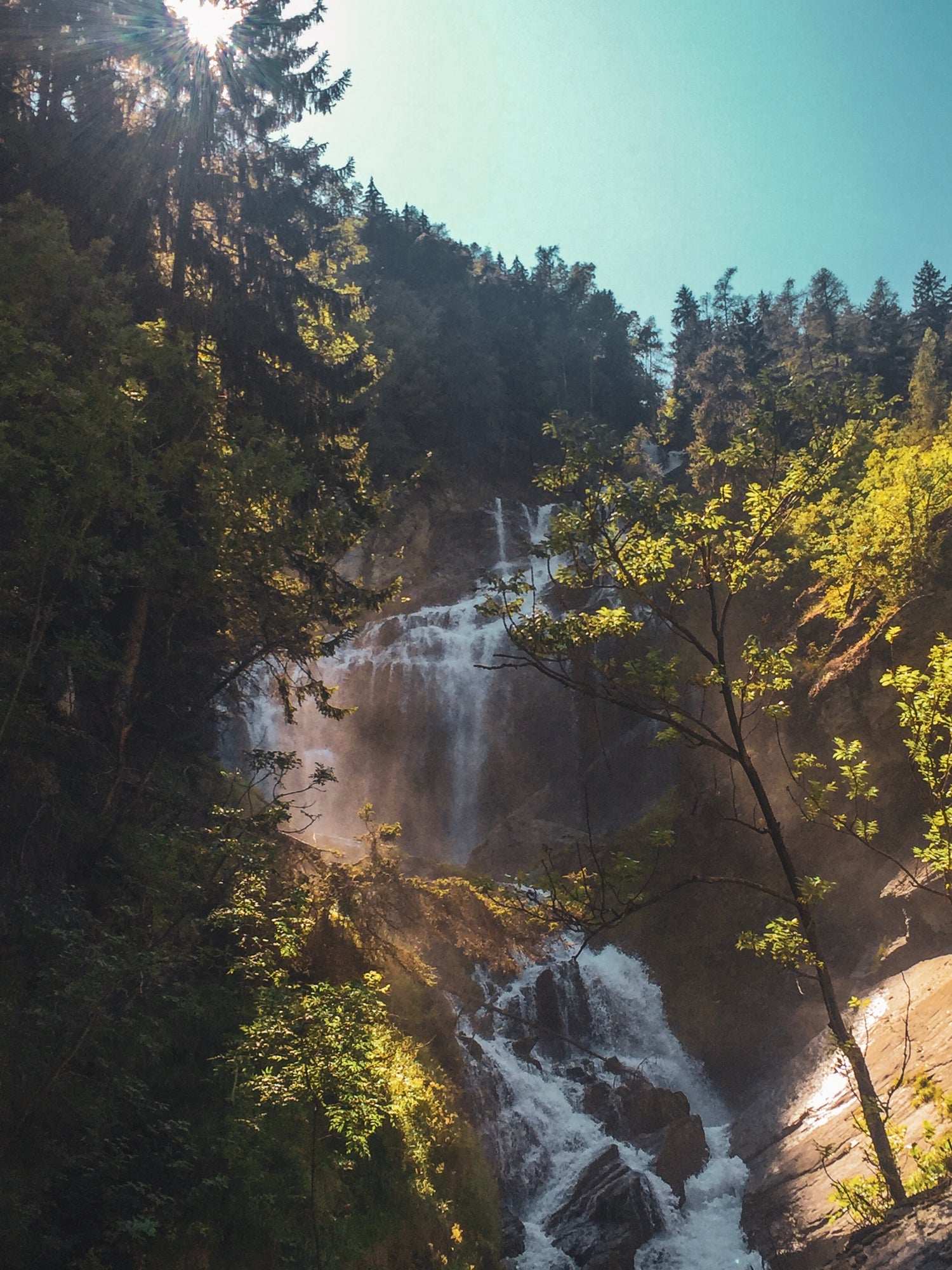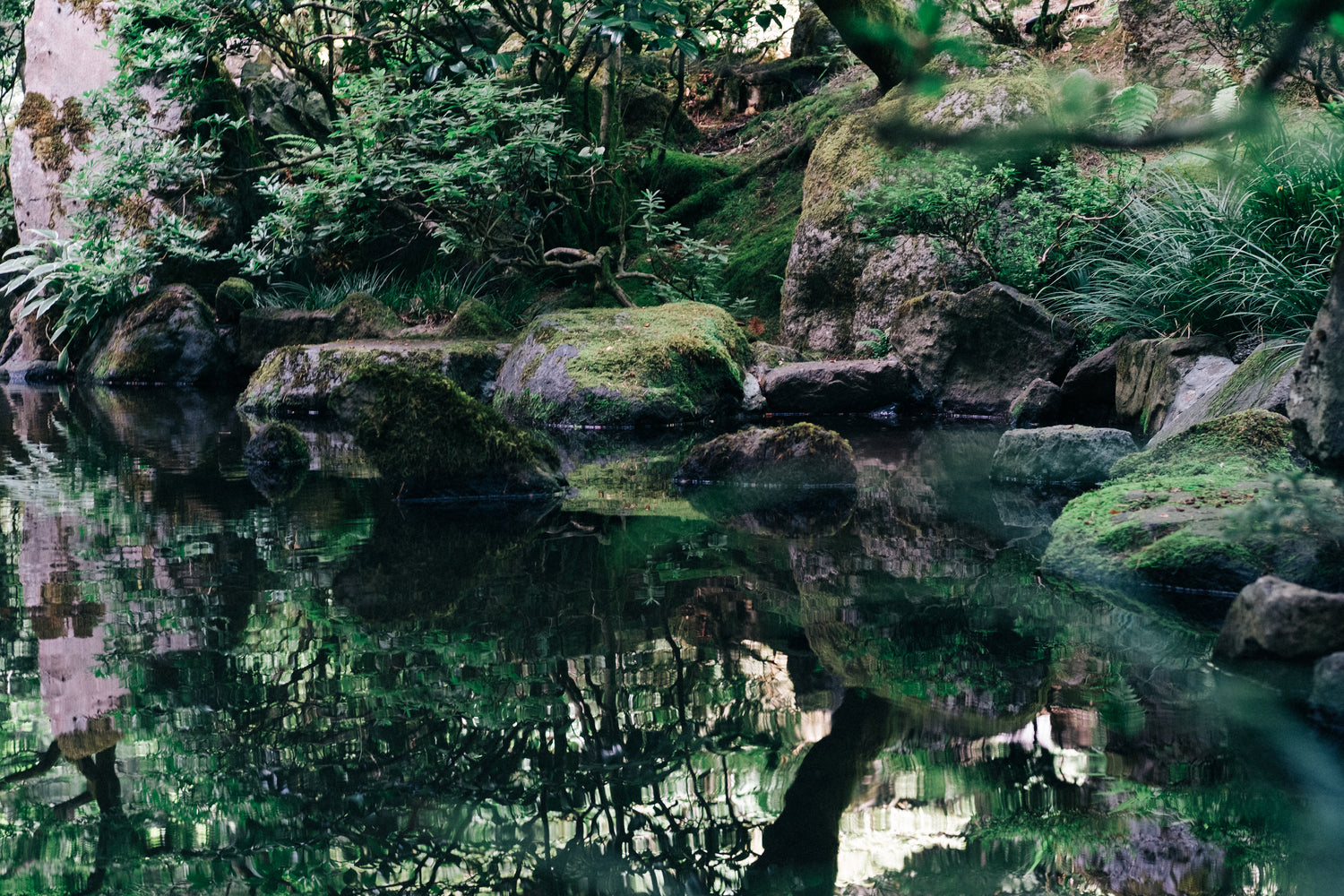The highest peak in Taiwan,
Yu Shan is a coveted National emblem with a peak of approximately 12,966 feet above sea level. It's an abode of stunning alpine scenery with diverse flora & fauna.
Yu Shan gets its name ("Jade Mountain" in Chinese) from the green serpentine and jadeite rocks found in the area, which can give the mountain a jade-like appearance. This historical mountain encompasses a wide range of ecosystems, from subtropical forests at lower elevations to alpine tundra near the summit.
In 1985, Yu Shan and its surrounding area were designated as Yu Shan National Park, the largest national park in Taiwan. This designation recognizes its ecological importance and preserves the natural environment.
Yu Shan is proudly considered a symbol of Taiwan's natural beauty by its people. Its prominent status in the country's geography and culture is reflected in various aspects of Taiwanese life, from art and literature to tourism promotion.

cool yet misty
Yu Shan's high elevation and cool, misty climate are ideal for growing tea. The altitude results in slower tea leaf growth, which typically leads to more tender leaves with complex flavor profiles. The temperature fluctuations between day and night at higher elevations also contribute to the development of unique flavors and aromas in the tea.

A resilient ecosystem
The Yu Shan region is known for its rich biodiversity, which includes a wide variety of flora and fauna. This biodiversity creates a balanced and results in a naturally resilient ecosystem, where pesticides simply aren't needed. This, in turn, can influence the taste and quality of the tea leaves.
Yu Shan mountain holds a timeless place the world in Tea
Taiwan has a long history of tea cultivation, dating back to the 18th century when tea plants were introduced to the island. Over time, Taiwan developed its unique tea culture and became known for producing high-quality teas. The development of the high-mountain oolong tea industry, of which Yu Shan is a prominent region, is an integral part of Taiwan's tea history.
The region has a long history of tea cultivation and is known for its traditional tea-making techniques that have been passed down through generations.
Yu Shan and its surrounding areas have gained recognition in recent years as a prime region for producing high-quality oolong teas. The teas produced in Yu Shan, often referred to as "Yu Shan tea" or "Jade Mountain tea," have won numerous awards and accolades at tea competitions and exhibitions:






